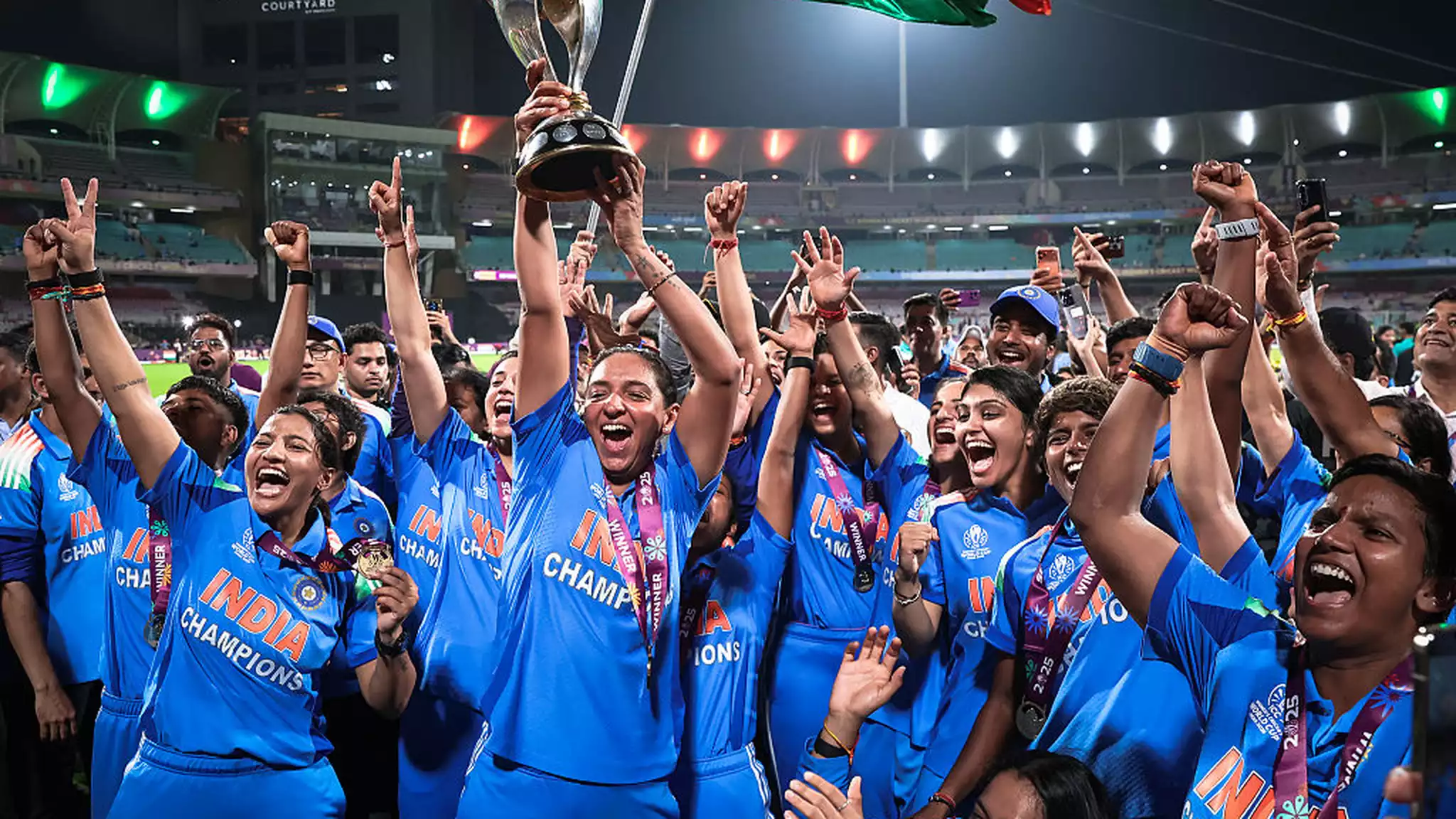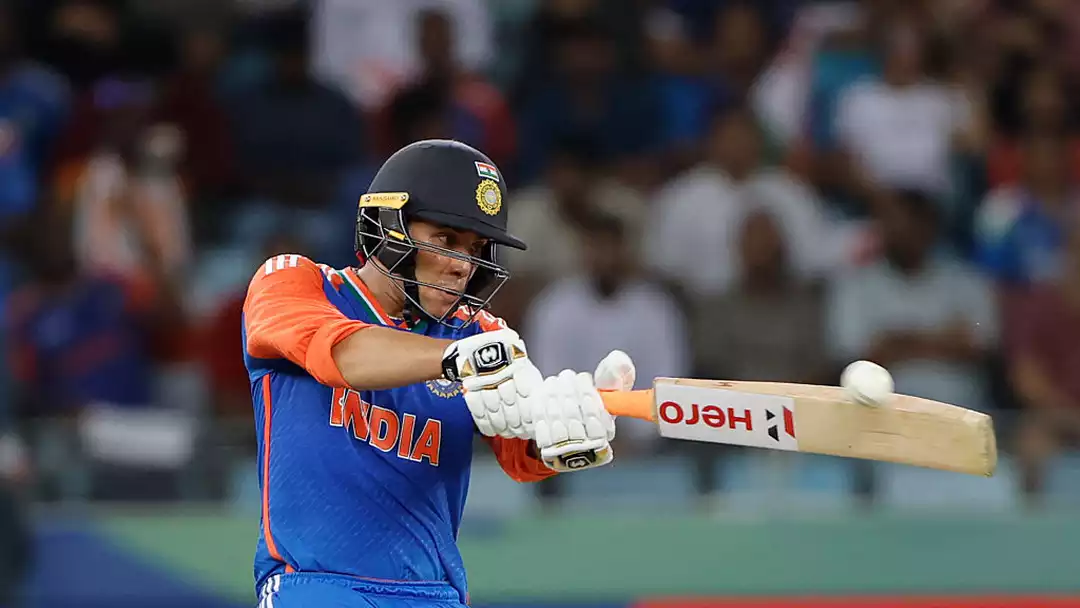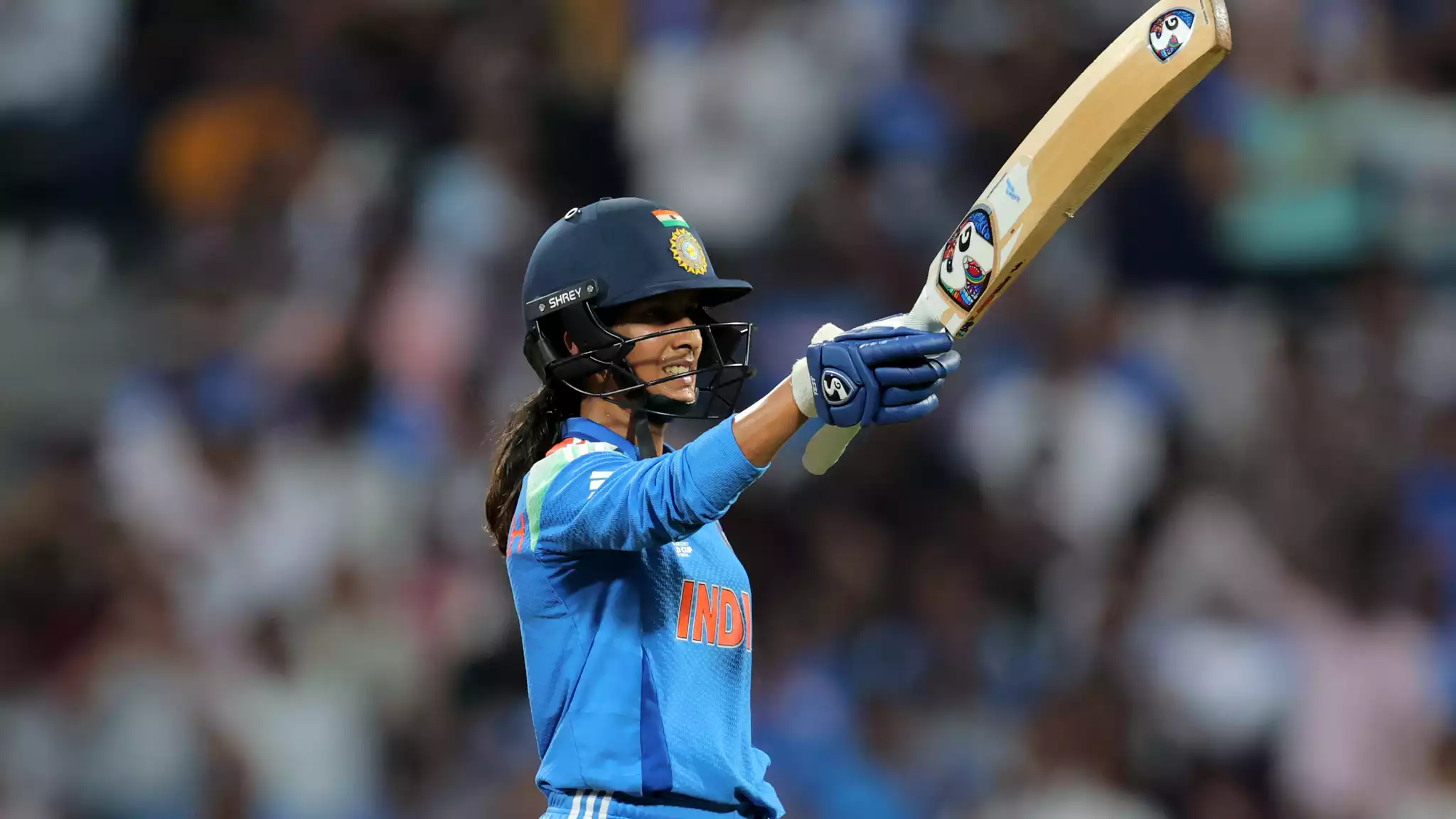India Eyes Paris Revenge Against Germany in Test Series as International Hockey Returns to Delhi
International hockey will return to New Delhi after a 10-year gap when Olympic bronze-medallists India take on world champions Germany in a two-Test bilateral series






